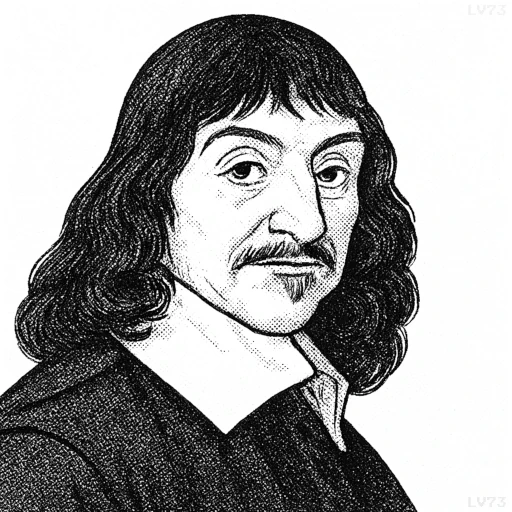“Perfect numbers like perfect men are very rare.”

- March 31, 1596 – February 11, 1650
- French
- Philosopher, Mathematician, Scientist, Father of Modern Philosophy
table of contents
Quote
“Perfect numbers like perfect men are very rare.”
Explanation
Here, Descartes draws an elegant analogy between mathematics and human nature, using the concept of perfect numbers—those whose divisors add up exactly to the number itself (like 6 or 28)—to comment on the rarity of moral or intellectual perfection in people. The comparison underscores his belief that both mathematical and human perfection are extraordinary and uncommon, requiring a precise and harmonious balance that is seldom achieved.
Historically, this statement reflects Descartes’ deep engagement with mathematics as a model of clarity and certainty, and his admiration for its elegant structure. In the 17th century, mathematics was emerging as the ideal of rational order, and Descartes himself contributed significantly to its development, particularly with analytic geometry. By likening rare moral excellence to mathematical rarity, he connects human virtue with the order and symmetry he found in numbers.
In contemporary terms, the quote serves as a reminder of the difficulty of attaining true excellence, whether in character, reasoning, or creative work. Just as perfect numbers are fixed, rare, and provable, so too are truly exceptional individuals—they stand out by a balance of virtues, talents, and actions that are not easily replicated. The quote invites admiration for both mathematical beauty and human greatness, while acknowledging their uncommonness.
Would you like to share your impressions or related stories about this quote in the comments section?



